095 CD / Lindemann plays
The Lindemann Series Vol. IV
Lindemann plays
Clarke, Delius, Dvořák, Hindemith, Kreisler and Sarasate
Hartmut Lindemann, viola
Ben Martin, piano
EAN/barcode: 4009850009504

Description
"[...] With Lindemann, even the opening bars go through you to the bone: and you begin to guess the reason for the motto to this sonata: “Poet, take thy lute; the wine of youth still ferments in God’s veins.” The viola cannot sound more sensual, more penetrating or more addicted than this.[...]" (stereoplay) "
He wanted to put a "nice old-fashioned programme", answered Hartmut Lindemann when I asked him about his reasons for the choice of repertoire. Behind this seemingly harmless answer is a highly understandable intention: Lindemann did not want to offer himself and his listeners music which is strictly determined right from the first second but music which draws the listener and his or her imagination into the musical event..."
5 reviews for 095 CD / Lindemann plays
You must be logged in to post a review.

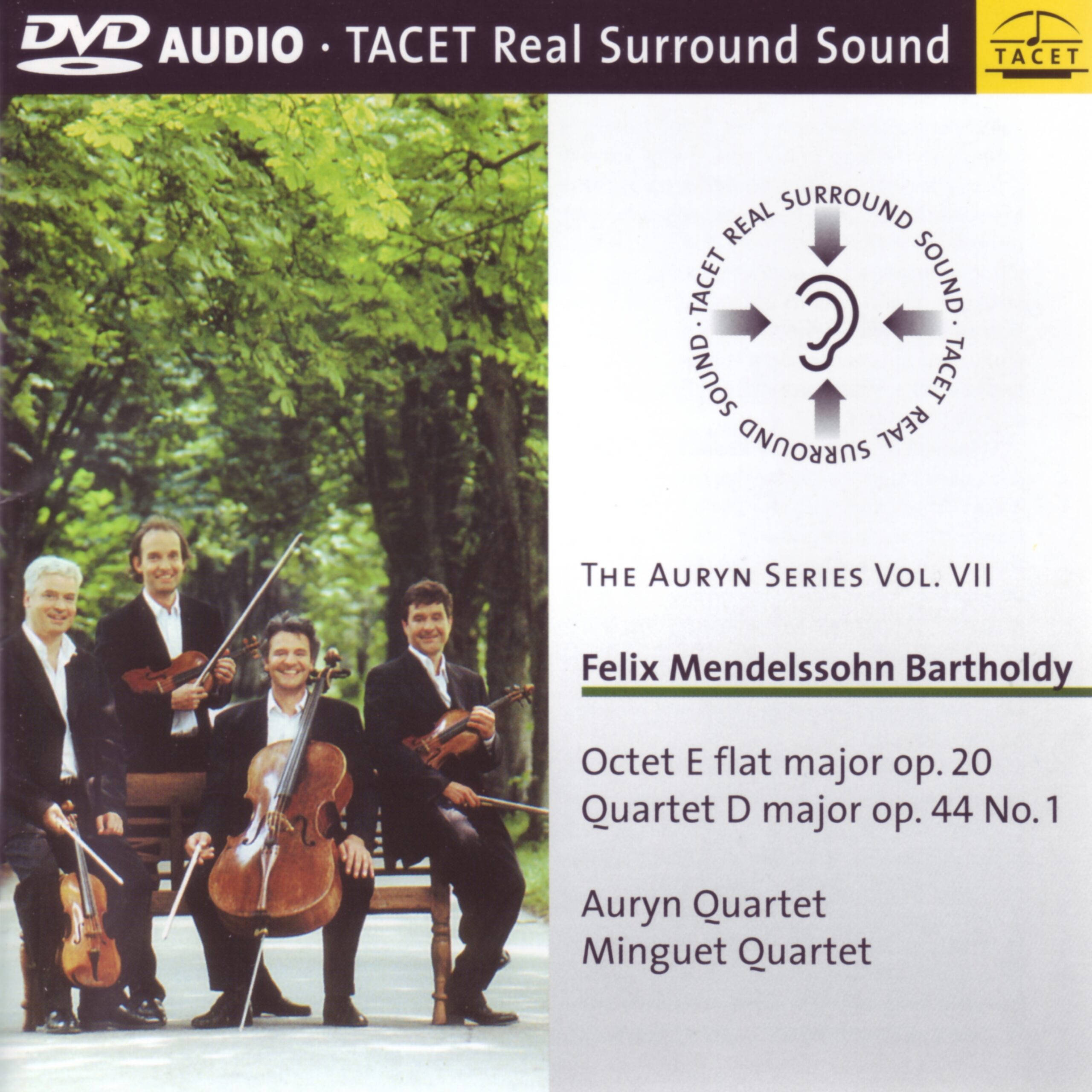
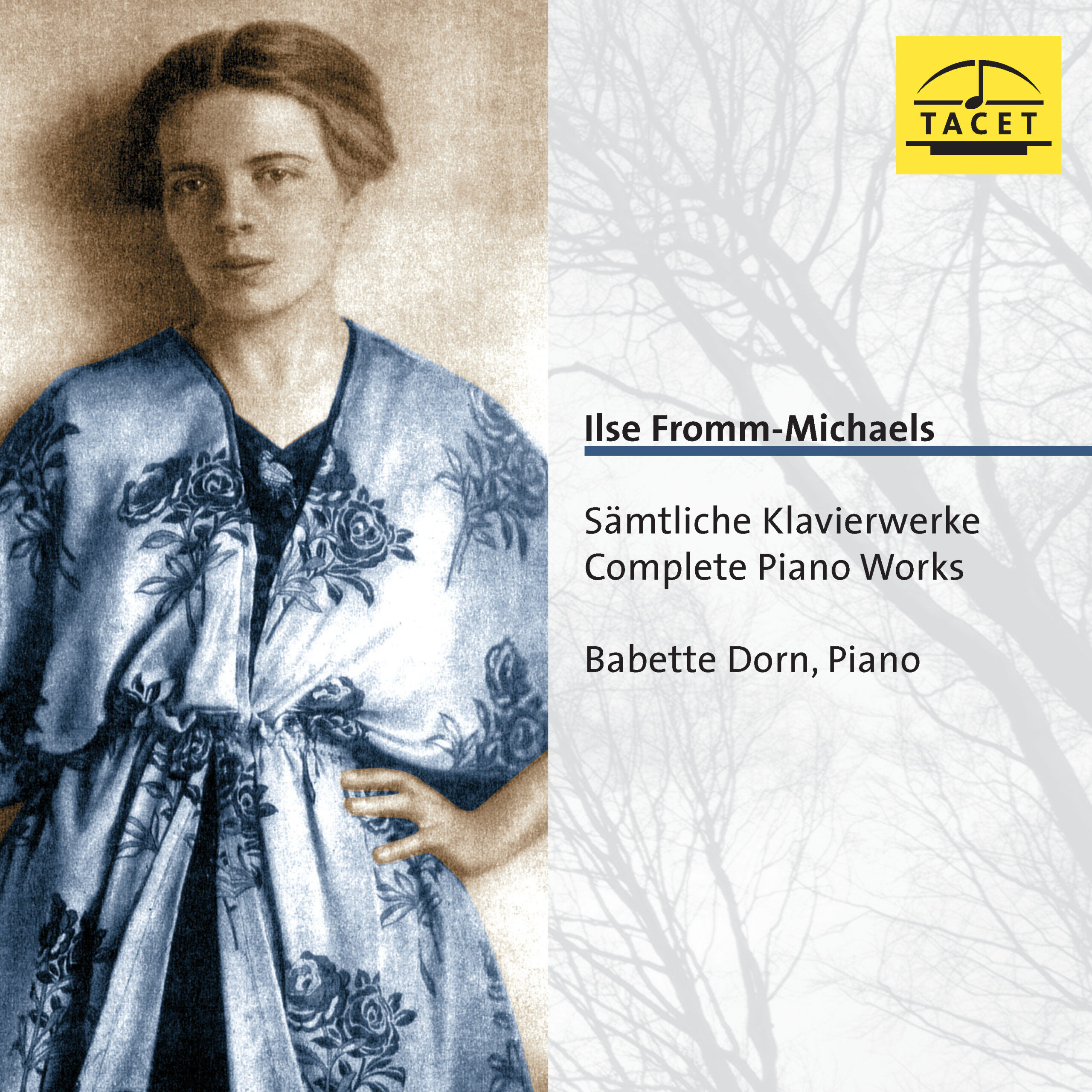
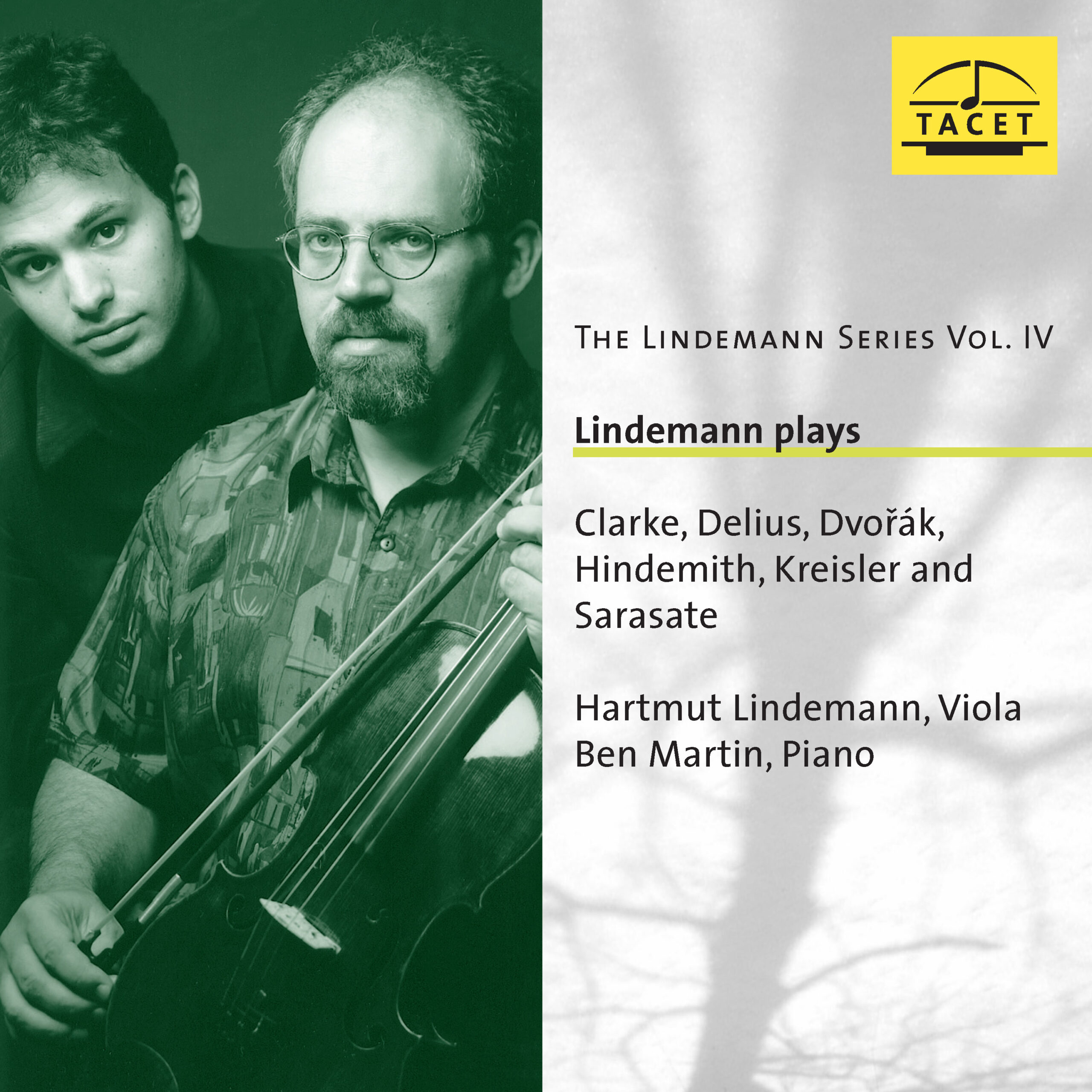
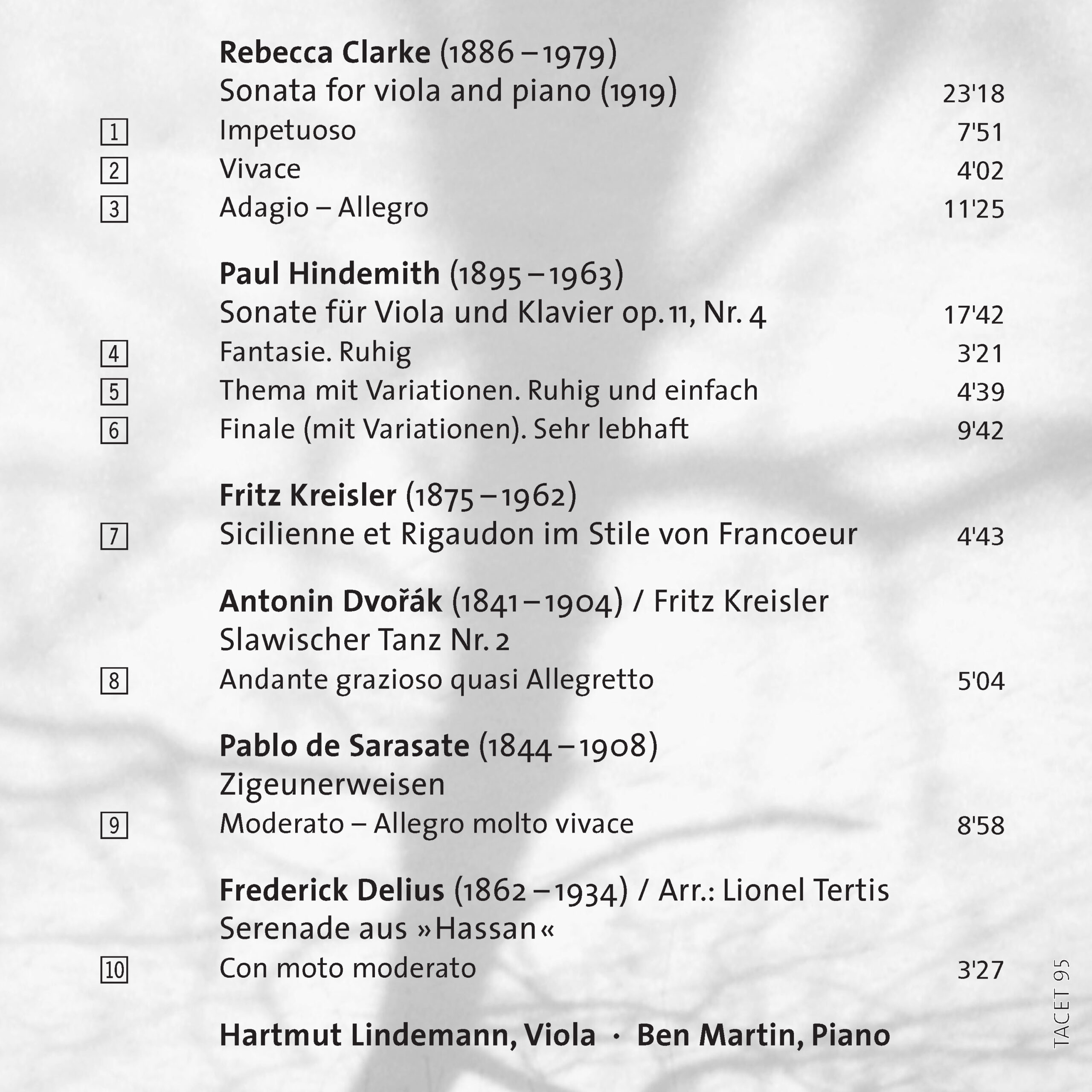
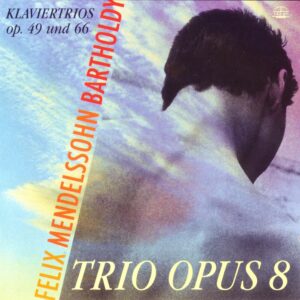
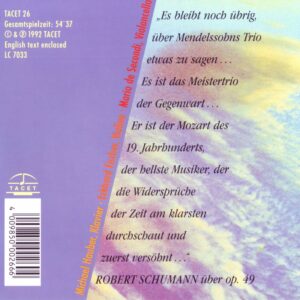
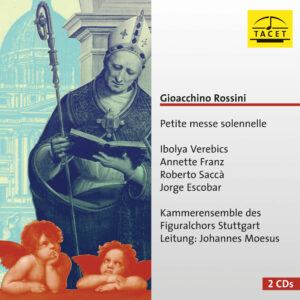
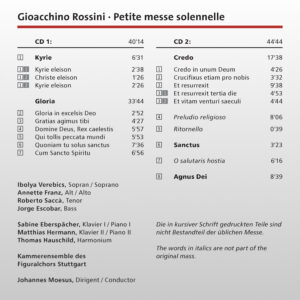

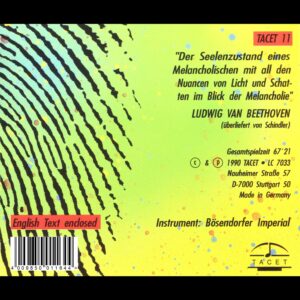
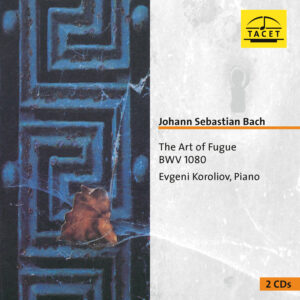
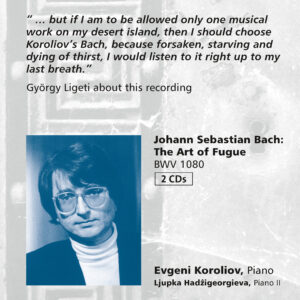

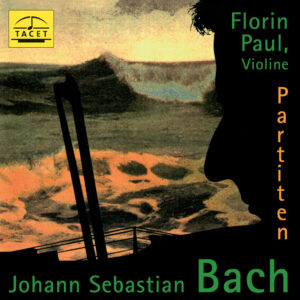

Susanne Benda –
Violist Hartmut Lindemann is one of the most intellectually compelling interpreters in his field when it comes to matters of musical shaping—and this recording makes that abundantly clear. Even in showpieces like Pablo de Sarasate’s Zigeunerweisen and Fritz Kreisler’s Sicilienne et Rigaudon, he manages to draw out an extra layer of depth without sacrificing brilliance. The Sonata by English composer Rebecca Clarke (who later lived in the U.S.) is a wonderful discovery: a work that traverses a cosmos of emotions—and is performed here (with Ben Martin’s colorful and supple piano accompaniment) in such a touching and thoughtful way that any faint associations with Loriot’s comedic Lindemann quickly fade from memory. Let some other Lindemann open a men’s boutique in Wuppertal with the Pope. This one is too busy making music that matters.
Susanne Benda
Klassik heute –
Lindemann wanted to create a "beautifully old-fashioned program," as Wolfgang Wendel notes in the preface (!) of his booklet essay, before briefly reflecting on freedom and determinism. Old-fashioned and beautiful this CD truly is. Because violist Hartmut Lindemann has curated a deeply personal program that pays no mind to pigeonholing or "stylistic correctness." Here, original compositions coexist peacefully with arrangements, salon charm with lofty ambition—and above all stands a wonderful piece: Rebecca Clarke’s (1886–1979) gloriously pastel Viola Sonata of 1919. That alone makes the Tacet CD worth buying. Lindemann reaffirms his reputation as an exceptional musician, and in Ben Martin, he has a fabulous partner—one who listens sensitively, plays with delicate colors, and masters dynamics with skill. Also old-fashioned and beautiful: the unapologetic emotionality with which Lindemann and Martin tackle Hindemith’s Romantic Sonata.
Peter Korfmacher
Wolfgang Wendel –
Viola jokes belong to the era before Hartmut Lindemann! Anyone who has heard Rebecca Clarke’s Viola Sonata with him and Ben Martin will walk away richer in experience. They’ll understand the often futile efforts of the few other interpreters who tried to present composers as great composers—but either lacked the necessary technical prowess or simply lacked compelling concepts. With Lindemann, the opening bars hit you right in the bones—and you begin to grasp why the sonata is prefaced with the motto: “Poet, take your lute; tonight, the wine of youth ferments in God’s veins.” A viola has never sounded more sensual, urgent, or intoxicating. In Ben Martin, Lindemann has a pianist who doesn’t just follow his lead but provides the most thrilling counterpoint. Regardless of the bold motto, the sonata is shaped as sprawling, at times dramatic, at times yearning music. Alongside it, Hindemith’s Sonata Op. 11 No. 4 or Tertis’ arrangement of Delius’ Hassan Serenade gently guide the listener back to more “familiar” territory. True to form, Lindemann closes with Sarasate’s Zigeunerweisen and Kreisler’s Sicilienne et Rigaudon, as if summoning Falstaff from afar: “All is jest on earth”—and yet, between the fun, there are a few “serious” zones that make the effort of “plowing through” more than worthwhile.
WoIfgang Wendel
Stuttgarter Zeitung –
Virtuosity on the Viola: A Refuted Suspicion
Violists don’t have it easy. Often mocked as the "middle-voice drudges" of the orchestra, they labor under the suspicion that they only took up the viola because they weren’t talented enough for the violin. And then, to add insult to injury, there are the viola jokes—but we won’t repeat those here. Instead, we’d like to introduce a new recording by a musician who might just turn you into a true viola enthusiast: Hartmut Lindemann. Still relatively unknown in these parts, he has already released his fourth CD with the Stuttgart-based label Tacet. Lindemann himself calls this collection "a beautiful old-fashioned program," combining works by Hindemith, Sarasate, Delius, Dvořák, and Kreisler with a true repertoire discovery: Rebecca Clarke’s Sonata for Viola and Piano. Lindemann’s playing is enchantingly old-fashioned in the best sense. There may be violists who are even more virtuosic, but can anyone play with more color or emotion? His tonal spectrum is enormous, ranging from a rich, vibrato-laden stroke to a fragile, whisper-soft espressivo. His phrasing is as coherent and compelling as one could imagine. Even a work like Hindemith’s Sonata—which is hardly a tearjerker—sounds here like the purest music of the soul. And all of this on the viola.
fab
Classics Today –
The number one reason to own this disc--and it′s a big number one--is for Rebecca Clarke′s surprising Viola Sonata. It′s not that the work hasn′t been recorded a few times, but this exciting performance brings much deserved attention to a composer whose chamber works have been all but ignored--and to a work that if given half a chance would be certain to find a wide and appreciative audience. Its style has been described as "English Impressionism" and indeed, when it was first presented in 1919--she entered it in a competition under a male pseudonym--the judges presumed it to be French, perhaps by Ravel. However, this is not in any way a knock-off of a better-known composer′s style but rather is a substantial, serious, original work that belongs to the viola, exploring numerous facets of the instrument′s voice and technical possibilities while regaling our ears with soaring melodies, a richly mixed harmonic palette, and an overall structure that places the soloist in an effective interactive role with the piano.
A second reason to own the disc is violist Hartmut Lindemann′s dramatic, confident, no-nonsense playing of this program, which is the fourth volume in a series that surveys both original works for the instrument and the inevitable transcriptions. As in the Clarke, his performance of the Hindemith sonata really shows off the work′s--and the viola′s--most powerfully assertive and romantically expressive sides. Then, after all the big stuff, we′re treated to a couple of delightful Kreisler pieces--his own Sicilienne et Rigaudon and his violin transcription of Dvorák′s Slavic Dance No. 2 (which in turn was re-transcribed by Lindemann for viola)--as well as Sarasate′s Zigeunerweisen and Lionel Tertis′ arrangement of Delius′ Serenade from "Hassan".
It′s difficult to tell the true breadth and depth of Lindemann′s viola because the recording confines its sound to a kind of wrong-end-of-the-megaphone focus that gives the tantalizing impression that there′s much more in there that we′re not hearing. Turning up the volume helps--but at times (especially in higher registers) it almost sounds as if the instrument is muted, an effect that certainly dulls the fireworks in a piece like the Sarasate, Lindemann′s dazzling technical show notwithstanding. No such restrictions on the piano, however, and Ben Martin plays with impressive authority and unflagging partnering skill.
As a violist, I suppose my ears are particularly primed for what I know are the instrument′s strengths over the lowly violin(!)--among them its warm, full-bodied, reedy resonance--and while these qualities certainly are on display here, a little more room to bloom would have allowed Lindemann′s brilliant if slightly rough-edged virtuosity to shine even brighter. He deserves it.
David Vernier